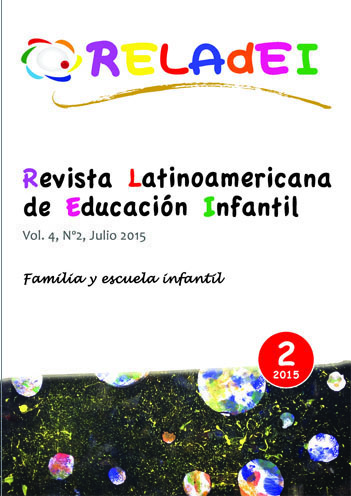Volumen 4, nº2 (Julio 2015). Familia y escuela infantil., Monográfico/Tema del mes, pages 43-67
Submitted: 21-02-2018
Published: 21-02-2018
This paper addresses the specific question of family participation, especially in the parental creches, treating the history of the relations between parents and professionals. It is studied the ambivalent history of the experience of these relations in the French reality, explaining the different phases, from the initial one (the parents out or in limited spaces of the creches) up to the most recent one(the parents inside). In this process of change the contribution of the collective children - parents has been decisive. The conditions that made this cooperation possible are studied, for instance, the recognition of the “double belonging “ of the child to the family and to the institution and an institutional organization that rests on the “collective compencies of the actors” concerning the children and with them. The children are actors in the process of their own secondary socialization, actors in the meeting and the dialog between families and institutions, playing in this way their own role, if space of interaction is left to them. It ends up by explaining that the cooperation in practice means to choose the uncertainty; for attaining mutual recognition and confidence, it is necessary to rely on the others and this implies a risky bet: to give first, to build reciprocity on the basis of gift and debt.
Early Childhood, Parental Creches, Collaboration Parents-Professionals, Parent Collectives, ACEPP


